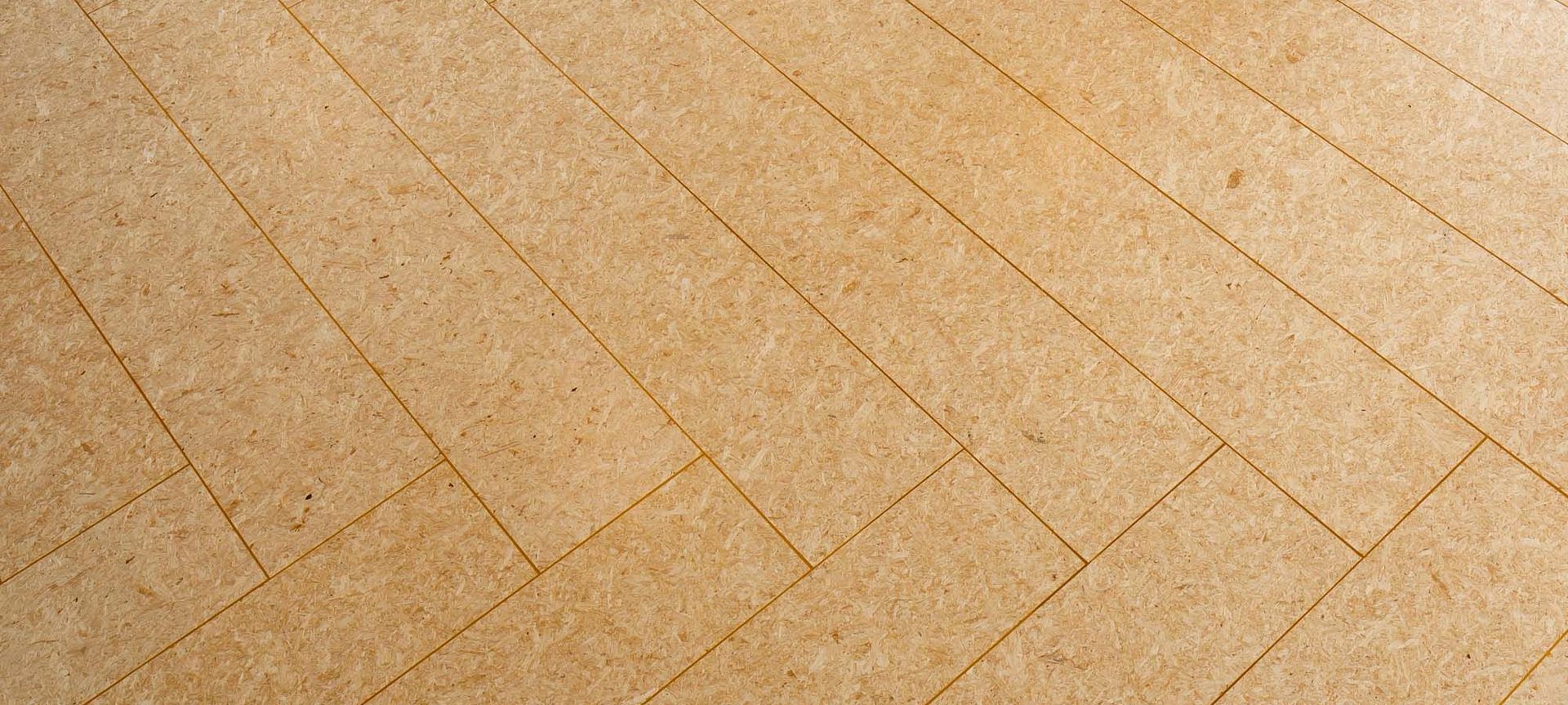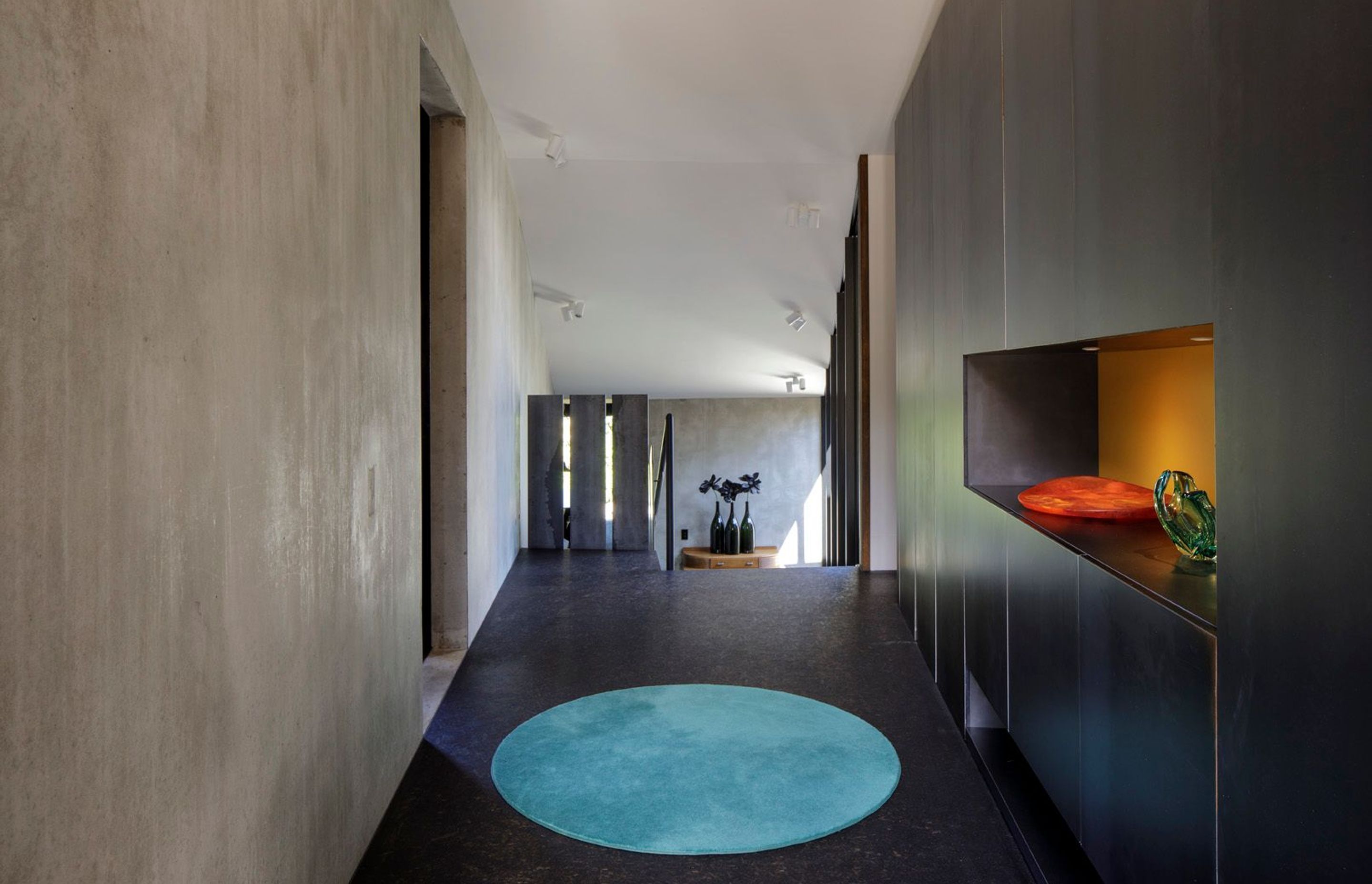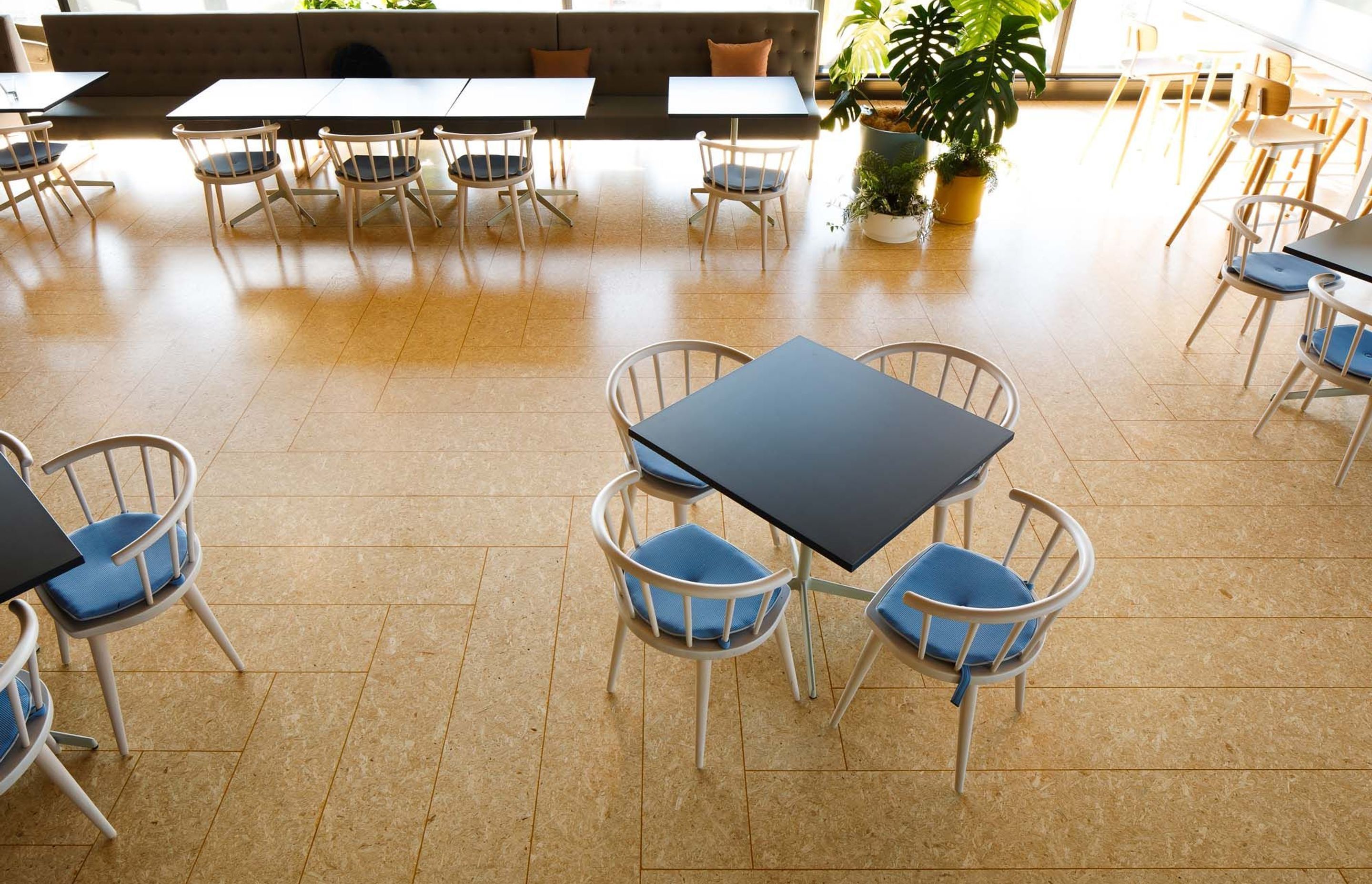Strandfloor from Laminex New Zealand, now CodeMark certified
Written by
11 May 2019
•
4 min read

CodeMark is the ‘gold star’ of product certification in New Zealand, designed to lift standards of building quality and performance. It can be a long, intensive and, at times, complicated process for a company to receive the certificate.
The time and investment put in to gain CodeMark for a building product are worth it, however, as it streamlines the building consent and inspection process. Building consent authorities – generally councils – must accept that a CodeMark-certified product complies with the New Zealand Building Code when it is used in building work, providing the product is specified for use in accordance with the certificate.
Laminex New Zealand was recently awarded the CodeMark certification for Strandfloor, its engineered, high-density wood-based panel flooring material that builders know, love and respect.
While Strandfloor has been specifically formulated for use as residential and commercial interior floor platforms, it can also be used in gyms and school sport halls as a wall lining, or it even can be used as a decorative surface for kitchen cabinetry.
There are four product options, all of which are 20mm thick to cover all building requirements: the all-purpose Strandfloor Square Edge and Tongue & Groove, while the Strandfloor H3.1 Square Edge and H3.1 Tongue & Groove meet all New Zealand building requirements for use in wet areas.
Site manager Michael Hillis, from custom home builders Frame Homes, can attest to Strandfloor’s durability, reliability and ease of use. “At Frame Homes, we’ve been using Strandfloor for around two years now, as mid-floor flooring in two-storey residential houses. One of the great things we love about it is that you can use it for both wet and dry areas, instead of two different flooring products for the bathroom and the lounge.”
With Strandfloor H3.1, the tile and slate overlay is not required so, as long as there is a wet area impervious membrane on top of the Strandfloor, you can tile directly on top. Whether in wet areas or dry, Strandfloor is very easy to install, as the builder doesn’t need any special saw blades or tools.
Michael says that another aspect of Strandfloor that he and his team love is that it can be walked on as soon as it’s laid and screwed off. “It’s a very strong, hardy flooring option,” he explains. “As well as being fully useable only moments after laying, Strandfloor can also be left open to the elements for up to 12 weeks. And, even after that time, it would still be just as durable, but might be a little flaky.”
The strength of Strandfloor is also illustrated in that it has been deemed suitable to be used as a diaphragm floor under the Building Code. A diaphragm floor is part of the structural design of the home to stop the home twisting and buckling when subjected to wind pressure and earthquake distortion.
While Strandfloor is often covered with carpet, if carpet is not desired or needed, the flooring can be sanded back and clear polished for a beautiful and unique feature floor, as seen in some stunning recently built architectural homes.
A highly ‘green’ product, Strandfloor is RedList Free in the Declare database, so it contributes to Green Star points if needed. It is an FSC-certified, New Zealand-made product that doesn’t contain any additives or endure any toxic treatments that ply is often put through to increase its durability.
Michael concludes, “We’ve used Strandfloor now in over 15 residential homes and have never had a single problem. It’s reliable, high quality and I would recommend it to anyone… plus, it has the backing of Laminex New Zealand!”
Discover more about Strandfloor and Laminex New Zealand’s other product ranges here.


